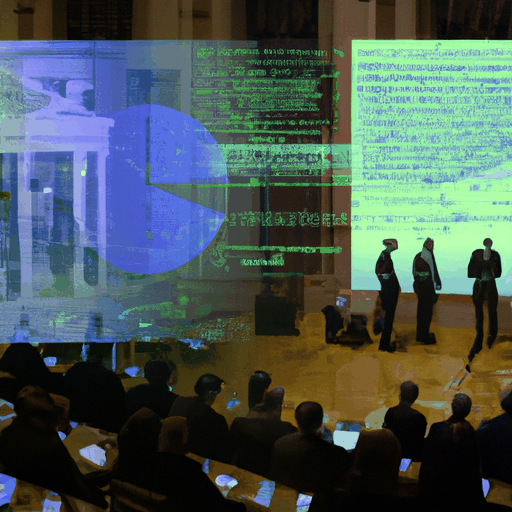
US Universities and Senate Push for Stringent Crypto Regulations
By: Isha Das
In the rapidly evolving landscape of cryptocurrency, there is a growing push for more stringent oversight and regulatory frameworks in the United States. Recently, representatives from notable US academic institutions, including the University of California, Georgetown University, and the University of Chicago, met with the Securities and Exchange Commission (SEC) to discuss the establishment of a comprehensive staking rulebook. This meeting highlighted concerns about the broad categorization of digital asset staking and called for precise definitions and economic guardrails. The academic delegation proposed a structured approach akin to the mutual fund '80% names rule' to prevent products from misrepresenting their nature. This would include capping published yields, limiting intermediary fees, and providing real-time risk and fee data through standardized disclosures.
The backdrop to this meeting is the Senate Banking Committee's release of a seven-point framework aimed at structuring the digital asset market. Led by Committee Chair Tim Scott, alongside Senators Cynthia Lummis and others, the framework seeks to establish clear distinctions between digital asset securities and commodities, with jurisdiction allocated to existing regulators. Key areas also include the preservation of self-custody for digital assets and recognition of differences between centralized and decentralized protocols. Coinbase's Vice President of Legal, Ryan VanGrack, emphasized the necessity for clear regulations, stating that the current ambiguity in rules allows exploitation by malicious entities.
With a significant portion of the American population now owning digital assets, experts at a Senate hearing called for an immediate translation of these regulatory principles into legislation. Witnesses such as Greg Xethalis and Sarah Hammer pointed out that unclear guidelines could result in the migration of US startups overseas, similar to past experiences in other technology sectors. The committee's principles also propose innovation-friendly registration, capital rules for intermediaries, and explicit bankruptcy protections to safeguard consumers.
The discussions in both the academic meeting with the SEC and the Senate hearing reflect the urgency of establishing a robust regulatory environment. The aim is not only to curb fraud and enforce accountability but also to ensure that the United States remains competitive in the global crypto market. As the legal framework takes shape, it could serve as a blueprint for further legislative actions across various jurisdictions, potentially influencing global norms for digital asset trade and usage.



